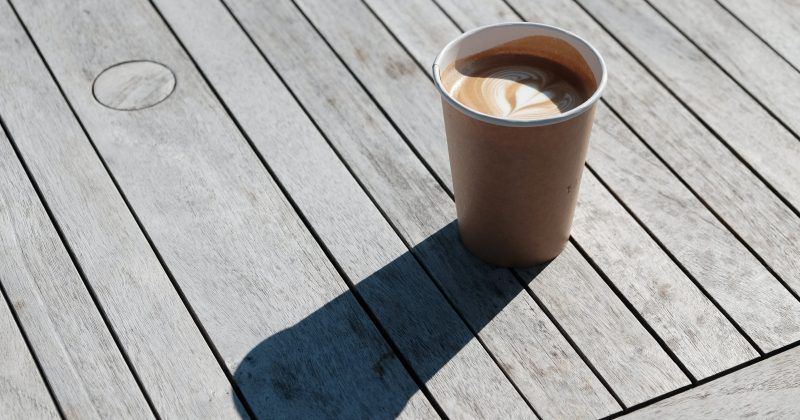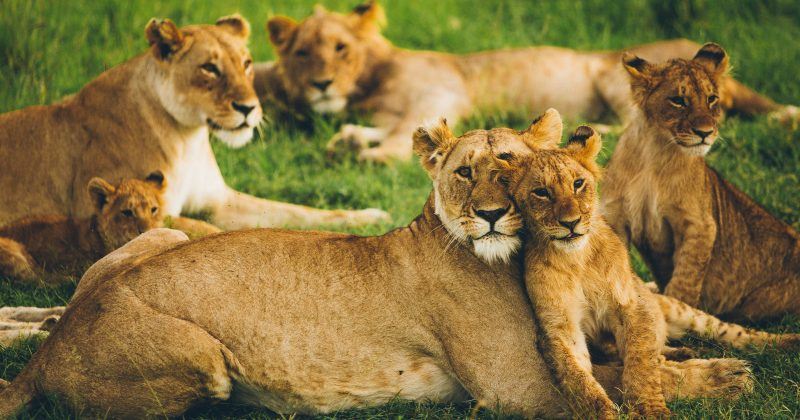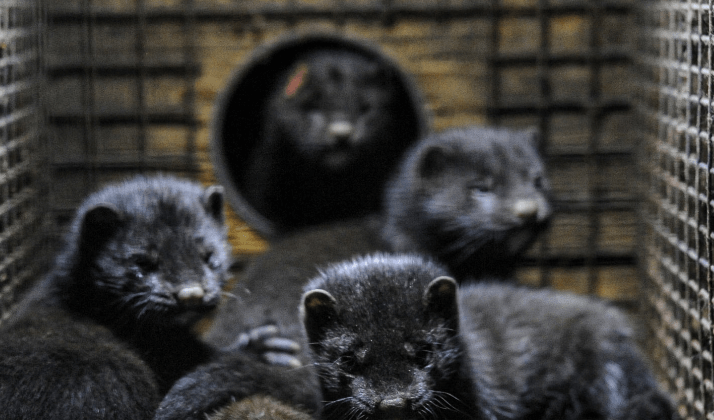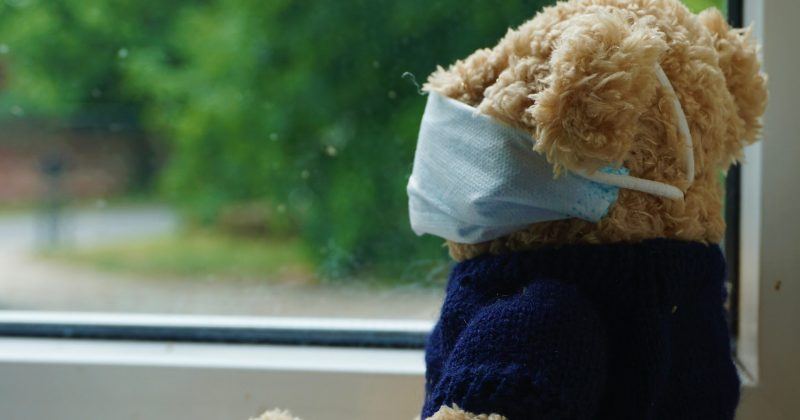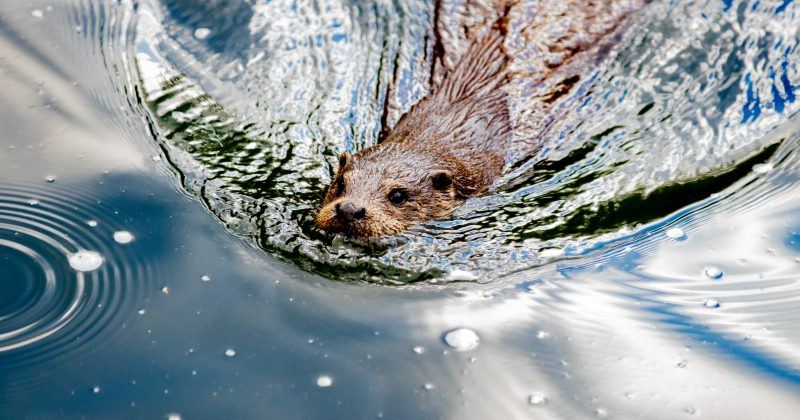
The re-emergence of the beaver
In an unlikely upside, 2020 marks the return of beavers to England's wilderness.
Beavers are back! In August, the government's five year trial to reintroduce the species into England's natural world was completed. Two family groups of beavers bred successfully in the river Otter in Devon and will now continue to settle in new areas.
Beavers are so dam important
Beavers' ability to build dams helps improve water quality and flow, preventing floods and increasing biodiversity.
According to research from the University of Exeter, beavers "played a significant role" in filtering pollutants from water at a place where they built 12 dams and ponds.
According to the same study, the flood-prone community of East Budleigh saw peak flood flows drop significantly, after a family of beavers constructed six dams upstream of the village.
It also found that fish numbers increased in places where beavers had built their dams.
Where have they been?
The Eurasian beaver was part of the British natural landscape until a few centuries ago. Its...

